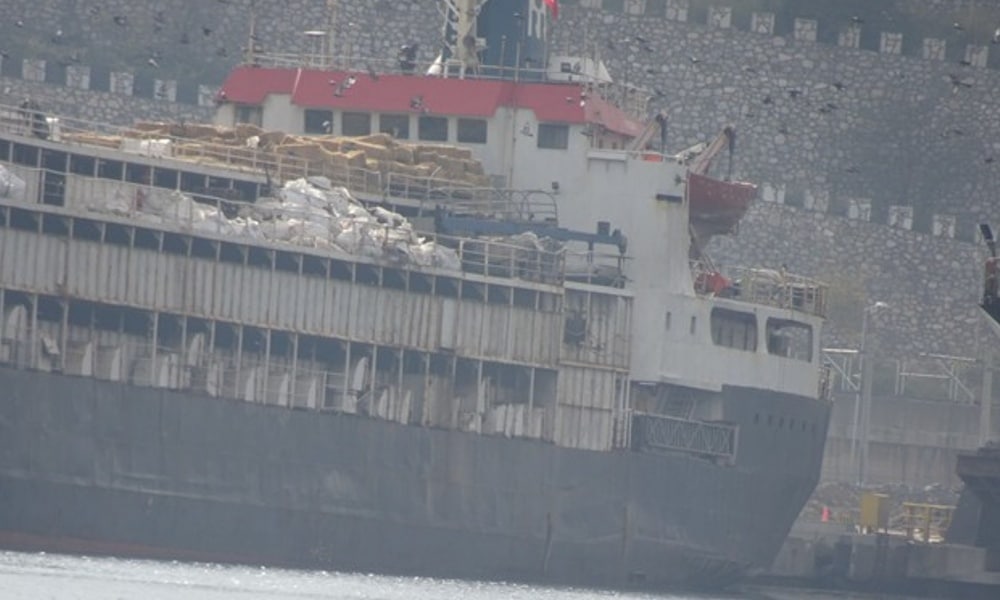Urgent Call for Action Amid Livestock Crisis

Dr. Lynn Simpson returns to Splash today to shed light on the ongoing livestock crisis involving the Spiridon II, which has been stranded for 54 days during its voyage from Montevideo, Uruguay, to Türkiye and Ukraine. The ship, carrying cattle, has faced significant delays due to administrative issues with ear tags, preventing the animals from being unloaded. As the situation worsens, concerns grow over the welfare of both the animals and the crew aboard the vessel.
Dire Conditions on the Spiridon II
The Spiridon II has been anchored for 21 days in Türkiye, where authorities have denied permission to unload the cattle due to problems with the ear tags that were supposed to be in order before departure. This administrative oversight has resulted in a dire situation for the animals, who are confined in cramped, unsanitary conditions filled with sewage and heat. Reports indicate that the ship’s supplies of fodder, bedding, and fresh water are critically low, leaving the cattle hungry and suffering. Tragically, 48 cattle have already been reported dead, raising fears about the fate of the remaining animals as they endure the prolonged wait.
The phrase “more days, more deaths” has become a grim mantra in the live export industry, highlighting the urgent need for reform. The Spiridon II was recently allowed to dock briefly in Bandirma, Türkiye, to load essential fodder, but the visit was marked by the overwhelming stench of decay and the presence of flies, indicating the deteriorating conditions onboard. Observers noted that the crew and surviving animals would likely disembark if not prevented by authorities, underscoring the desperation of the situation.
The Risks of Live Export Shipping
The live export industry is fraught with dangers, particularly for livestock carriers like the Spiridon II, which are among the oldest in the world, with an average age of 40 years. Many vessels in this fleet lack essential safety features and are not equipped to handle emergencies effectively. The risks extend beyond the animals, as crew members face hazardous working conditions, including exposure to disease outbreaks and the threat of abandonment at sea.
The current crisis raises critical questions about the regulatory framework governing live exports. Rejections at ports, like the one faced by the Spiridon II, are not uncommon and often go unreported. Historical precedents reveal a pattern of suffering, with animals left stranded for extended periods due to bureaucratic failures or political motivations. The need for legally binding contingency plans to ensure the prompt unloading of livestock is more pressing than ever.
As the situation unfolds, advocates are calling for immediate reforms to protect the welfare of animals in transit. They argue that no live animal should leave shore without guarantees for their safe and timely unloading. The ongoing plight of the Spiridon II serves as a stark reminder of the urgent need for change in the live export industry.
